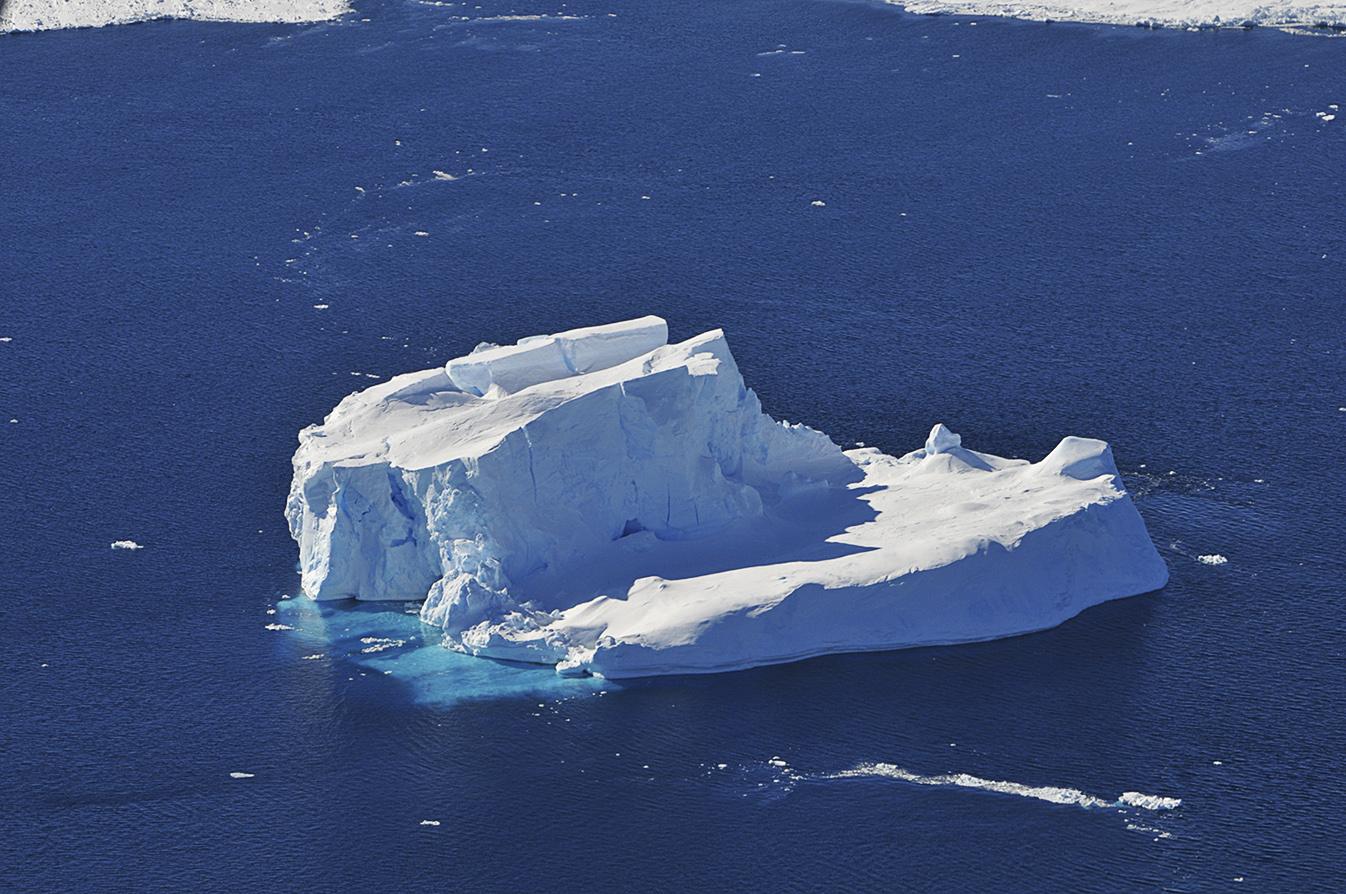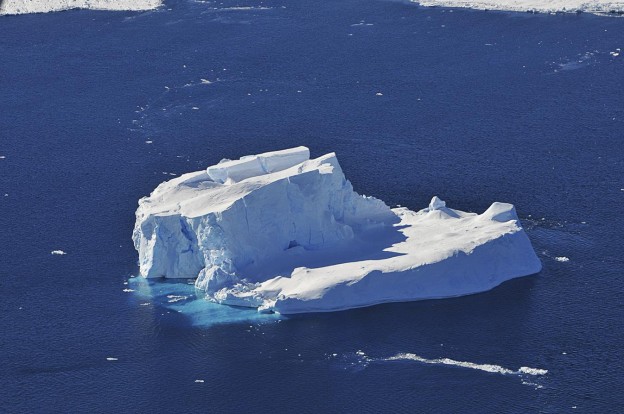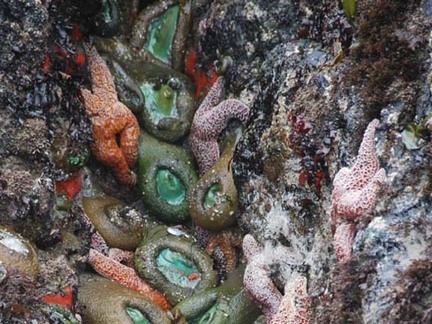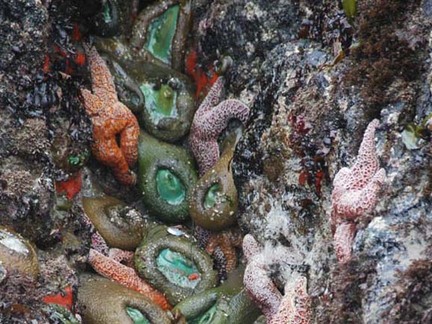Even as the scientific evidence of climate change and its damaging effects is growing, American public opinion is moving in the other direction. A Pew Research Center survey released in October 2009 found a “sharp decline” in the percentage of Americans who see solid evidence of rising global temperatures – 57% v. 71% of respondents 18 months earlier – and fewer see global warming as a serious threat – 35% compared to 44% in April 2008. Younger people, however, are now far more likely than older Americans to see global warming as a very serious problem – among those aged 18-29, 46% today, versus 41% in 2008 say global warming is a very serious problem. The Pew survey found that a majority of Americans – 56% – favor the U.S. joining with other countries to set standards to address climate change and about half favor limits on carbon emissions.
 A recent Financial Times/Harris Poll in the United States and the five largest European countries finds that Americans under 65 are less likely than Europeans to see climate change as a major threat, While large majorities of people over 65 in all six countries see climate change as posing a threat to the world, fewer Americans (27%), than people in Britain (31%), France (46%), Italy (49%) or Spain (35%) see it as a “large threat.”
A recent Financial Times/Harris Poll in the United States and the five largest European countries finds that Americans under 65 are less likely than Europeans to see climate change as a major threat, While large majorities of people over 65 in all six countries see climate change as posing a threat to the world, fewer Americans (27%), than people in Britain (31%), France (46%), Italy (49%) or Spain (35%) see it as a “large threat.”
There is one related issue, however, on which Americans are more likely to feel strongly. Fully 83% of Americans under 65 believe the United States needs to reduce oil and gas imports from other countries. Those who feel this way about their country in the other five countries vary from 50% in France to 71% in Italy.
Anthony Leiserowitz, Director of the Yale Project on Climate Change and considered an expert on public opinion on global warming, said that as the economy pushes issues like climate change farther from the top of the public’s priorities, framing action on climate change in terms of energy security and green job creation is a good strategy.


